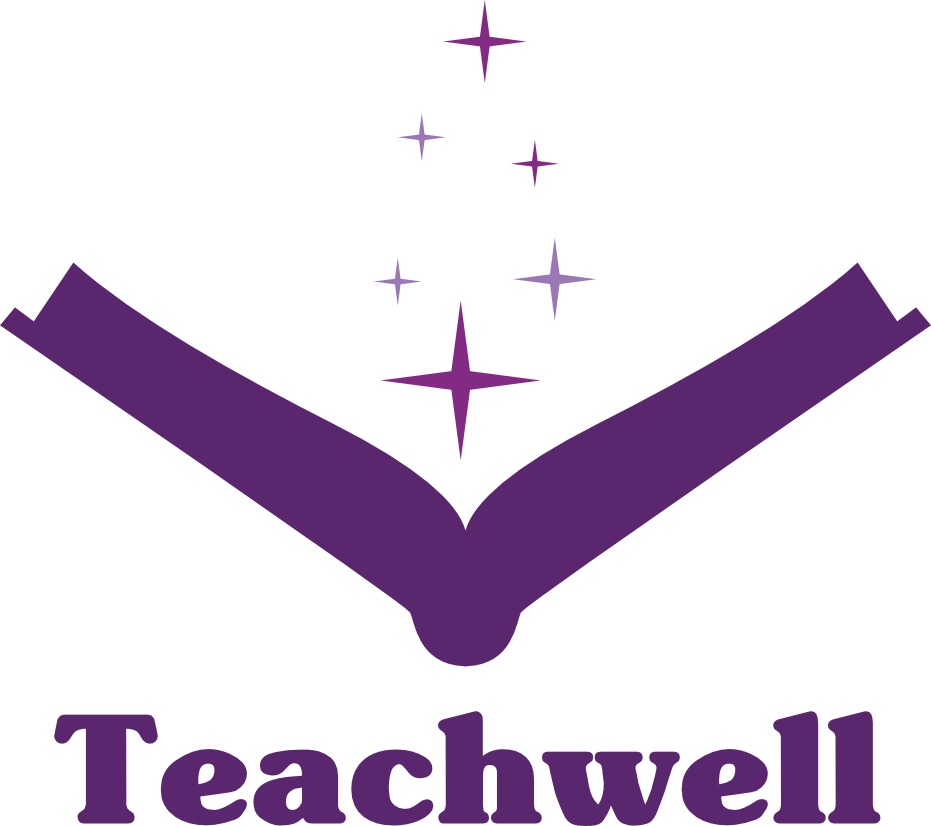Express Yourself
In his brilliant talk at the recent ResearchEd Rugby, Martin Robinson made a comment about expressing oneself and communicating.
It got me thinking about how the difference between the two might help explain the plethora of writing genres taught in primary school.

A key aspect of 19th century romanticism was the stress on the individual, creativity and imagination. This was paralleled by counter-culture movements in the 1960s which directly influenced the progressive/constructivist ideas in education. From this stance, conventions and rules are impositions (the current Marxist spin is oppression) preventing individuals being their true, natural selves, which is the goal of being.
This both demotes and limits the purpose of writing to simply one of many mediums through which one can articulate one’s feelings, thoughts and ideas. Its value rests on the extent to which children find it a useful means to do so, hence in the most authentic of progressive models of schooling, it is acceptable for children to choose when, and indeed if, they learn to write. I’ve only ever encountered a small minority of teachers who would be willing to leave the learning of writing to pure chance in this way; nevertheless, attitudes to writing have been, and continue to be, influenced and informed by notions of expression, choice and freedom.
.The Primary National Literacy Strategy, which was only meant to be a non-statutory exemplification, contained (depending on how one interprets the poetry units) 50-odd units. In my experience, this was supplemented by the teaching of an even wider range of genres and subgenres as part of writing across the curriculum.
I discussed in my last blog how some of the NLS units were not focused on writing genres or subject specific writing. Even discounting this problem, the NLS was not systematic. When units were repeated, consolidation was not the primary purpose (or at least was not interpreted that way). Instead it was seen as an opportunity to develop greater breadth.

But why? It seems to me that breadth became an acceptable quid pro quo. If children were to be given no choice if they learn to write or when, then at least teaching multiple writing genres and subgenres was a means of enabling them to find a genre that would enable self-expression. In this interpretation, it is lack of inspiration and the type of writing expected, not knowledge of how to write, which holds children back.
Self-expression of ideas as the ultimate goal also explains why narratives and poetry were placed on a pedestal with roughly two-thirds of the writing units devoted to them.
Non-fiction writing was the poor relation. A combination of romanticism and a misguided belief in the generic, transferable skills robbed the primary writing curriculum of subject-specific writing. The curriculum compromise is again evident. If children must write about facts then compensations could be sought by at least allowing them to do so in the form of “exciting” types of writing – comics, travel brochures, newspapers rather than paragraphs of description and analysis. A degree of self-expression can be found in giving children choice in the layout of words and pictures/drawings instead, fuelling ever greater breadth. None of this supports the consolidation and practice needed to be secure in any one written form, nor does it lay the foundation for pupils when entering secondary school.

The emphasis on writing as a means of expressing original and novel ideas has fundamentally distorted the primary writing and continues to do so.
Undoubtedly some of the distress over the SPaG and handwriting elements of the writing curriculum comes from lack of subject knowledge and shared understanding across the profession, as well as the high stakes nature of testing in Year 6. For progressives, rejection also stems from the fact that these only serve to move them further from their ideal.
While there is much to be discussed and debated about the current writing curriculum, it’s clear to me that no solutions will emanate from their quarter.
I empathise with their state of feeling compromised, but I also fundamentally disagree with their worldview. Both what they desire and the compromises they are willing to make fall short of what is required to create a literate society. As the romantics and hippies themselves amply demonstrated, self-expression is neither limited nor denied through the teaching and learning of the knowledge of how to write.


